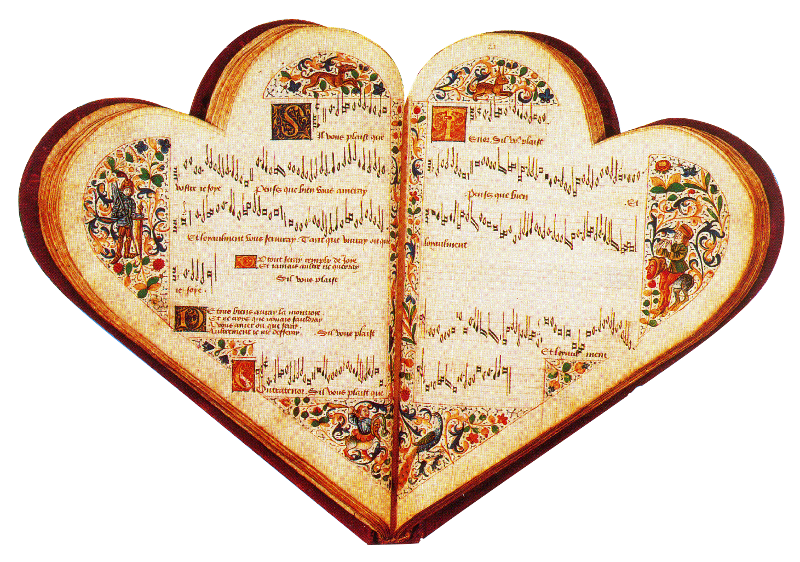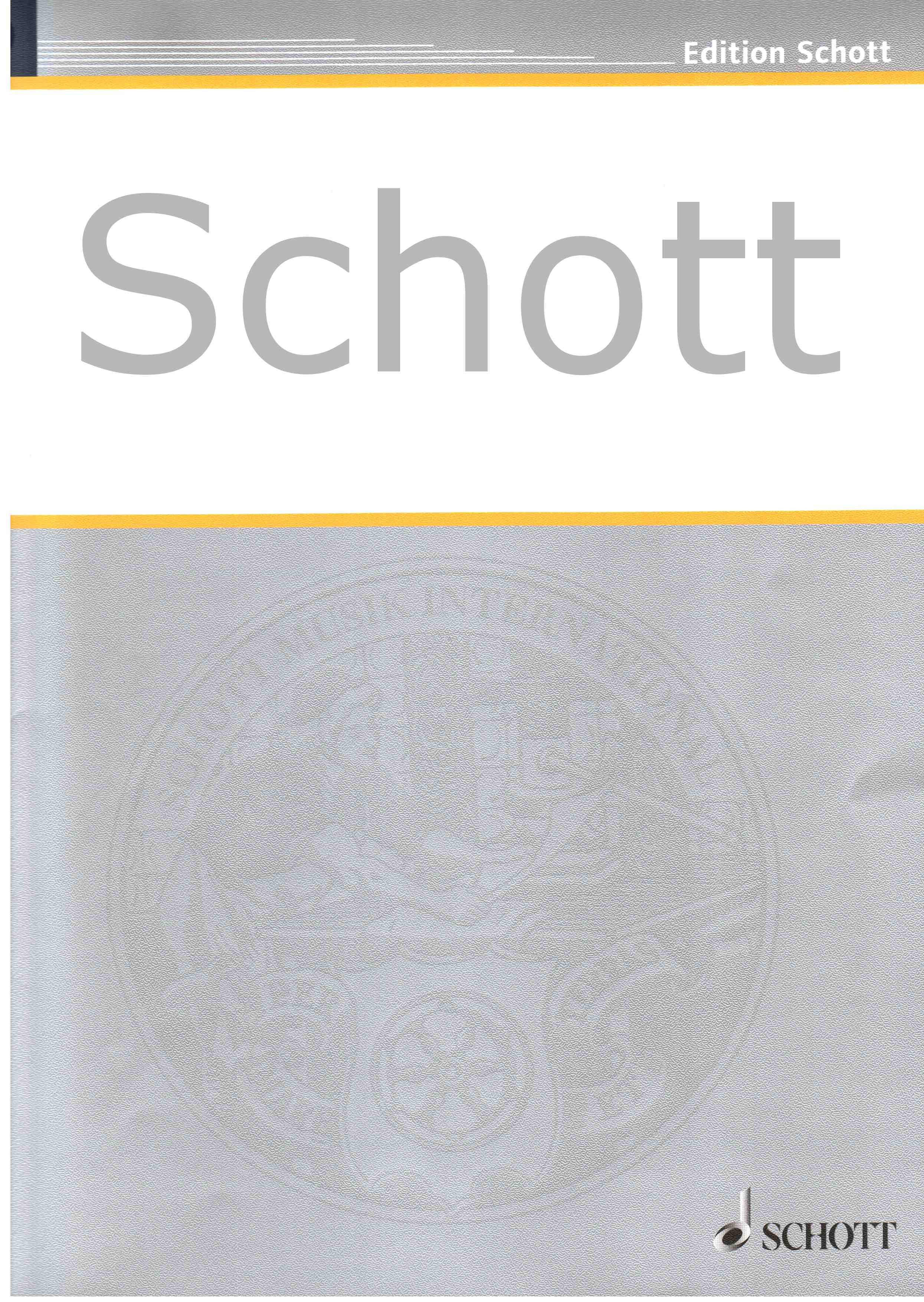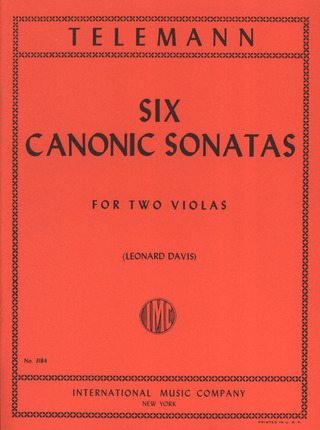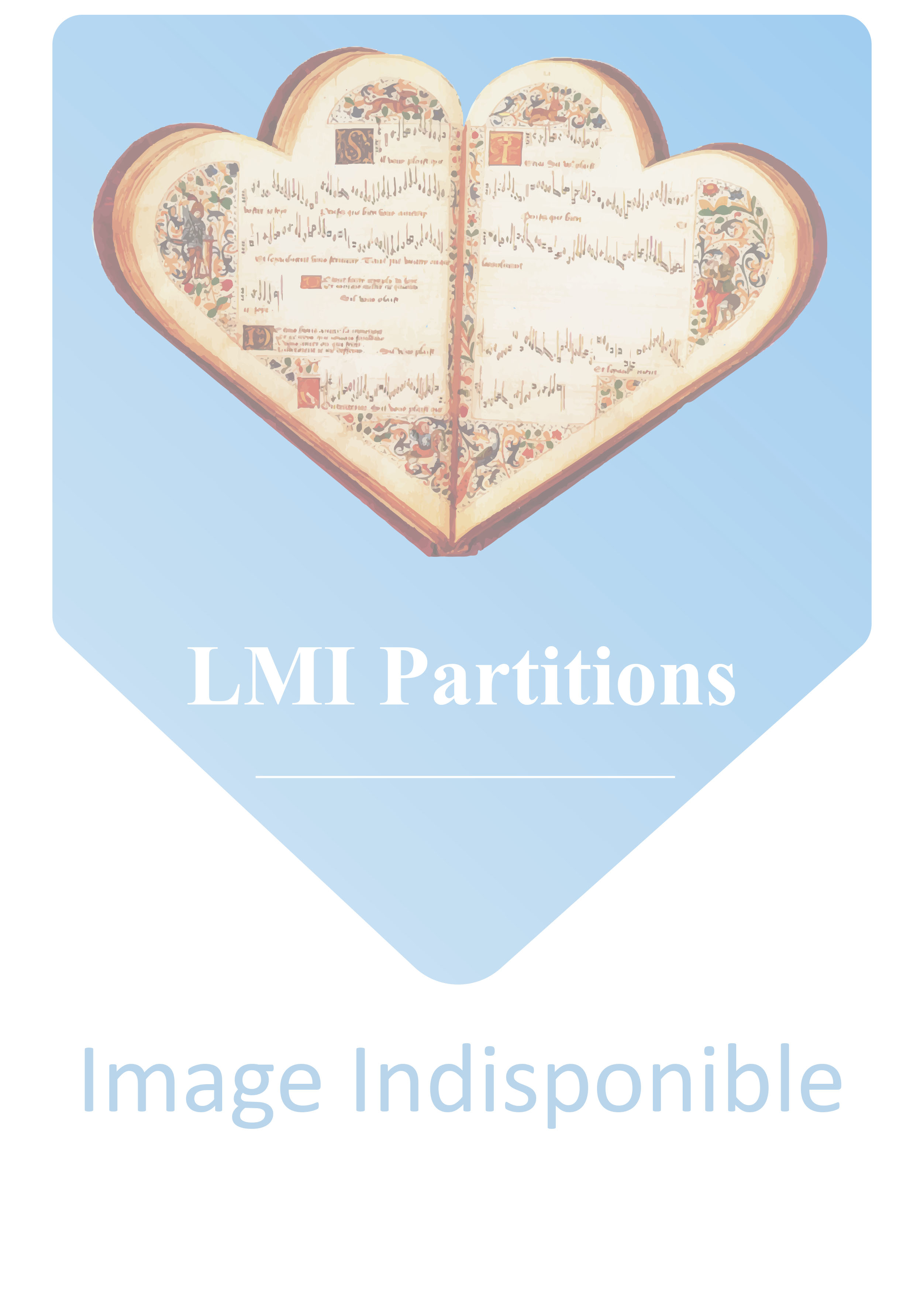Classique
Description :
Thomas Tallis (1505–1585) was one of the great figures of English Renaissance music and the Third mode melody is probably his best known work, largely thanks to Vaughan Williams’s Fantasia on a theme by Thomas Tallis.
In the manner of an illuminated manuscript, I wanted to illuminate this fascinating theme in three ways: from behind with medieval techniques like the ‘hoquetus’ passage of the opening or the dance at letter B, from in front with more contemporary sounds (letter A and similar), and from above with the extensive use of high harmonics. Almost all the notes of the theme fall very neatly on the ‘natural’ harmonics of the viola strings, and my ambition was to combine the ‘normal’ notes of the viola with its soaring harmonics, creating a rich luminous soundscape which reflects the spirituality of the theme.
Tallis’s melody returns repeatedly to the note B, and I interpreted this as a gentle invitation to simply be, in the sense of quiet moments of mediation. I decided to include a series of still points in the piece: the first one is in silence, the second reveals a note (B) that oscillates in a harmonic heartbeat, the third is a vibrating chord of B with harmonics, and on the last one the second viola tunes down the C string to B, then explores all the natural harmonics of this new world.
The term still point is of course a reference to the words of T.S. Eliot in his Four Quartets: "At the still point of the turning world. Neither flesh nor fleshless; Neither from nor towards; at the still point, there the dance is."
(Garth Knox)



 Gagnez un bon d'achat dès 50€
Gagnez un bon d'achat dès 50€
 30 jours pour changer d'avis
30 jours pour changer d'avis






